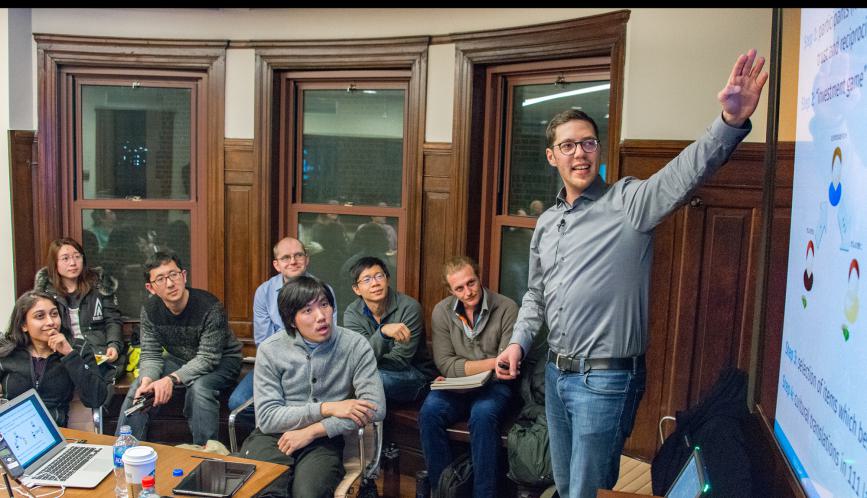IP network member Fabian Kosse is Professor of Economics at LMU Munich and Research Affiliate at the Institute of Behavior and Inequality (briq). His main fields of interests are economics and psychology, and applied microeconomics.
Describe your area of study and how it relates to current policy discussions surrounding inequality.
My main research interest lies in the intersection of economics and developmental as well as personality psychology. I am especially interested in how preferences, personality, beliefs, and skills are formed, and I particularly focus on the role of early social environment and life circumstances. Moreover, I also explore consequences of individual heterogeneities on educational, health, and labor market outcomes. Methodically, I combine long-term field experiments with microeconometric panel data methods, incentivized measures, and the use of biomarkers. The aim of my research is to enhance our understanding of the malleability of individual inequalities. This is of relevance not only for behavioral sciences but also for informing policy, as it helps to uncover reasons for social mobility and target intervention programs. To this effect, the understanding of malleability of skills, preferences, and personality in response to different aspects of the social environment is of great interest.
What areas in the study of inequality are most in need of new research?
Previous literature suggests that a large proportion of inequalities in life outcomes, such as earnings or wealth, are driven by heterogeneities in skills, preferences, and personality. However, despite the fundamental importance of these heterogeneities, surprising little is known about their determinants. To explore the determinants of individual heterogeneities in skills, preferences, and personality, we need more interdisciplinary exchange and comprehensive projects including panel data collections and long-run RCTs.
What advice do you have for emerging scholars in your field?
I am still at an early stage of my career, but so far the following has worked out for me: Work on what you are interested in and not what you think is the best for short-run strategic reasons. You can only convince others of the importance of your work if you belief in the importance yourself.



